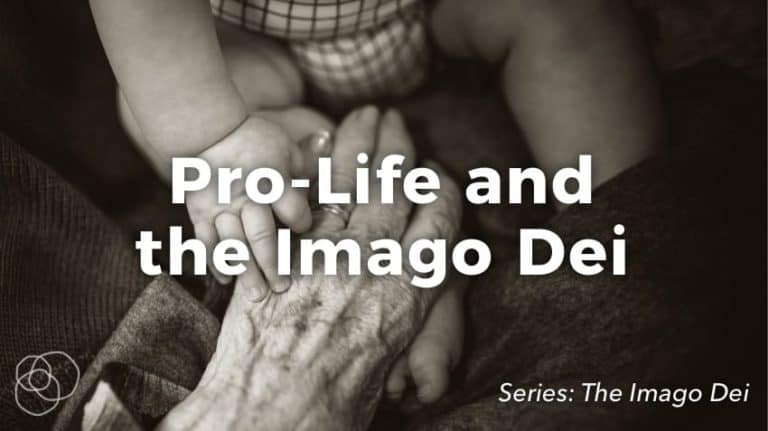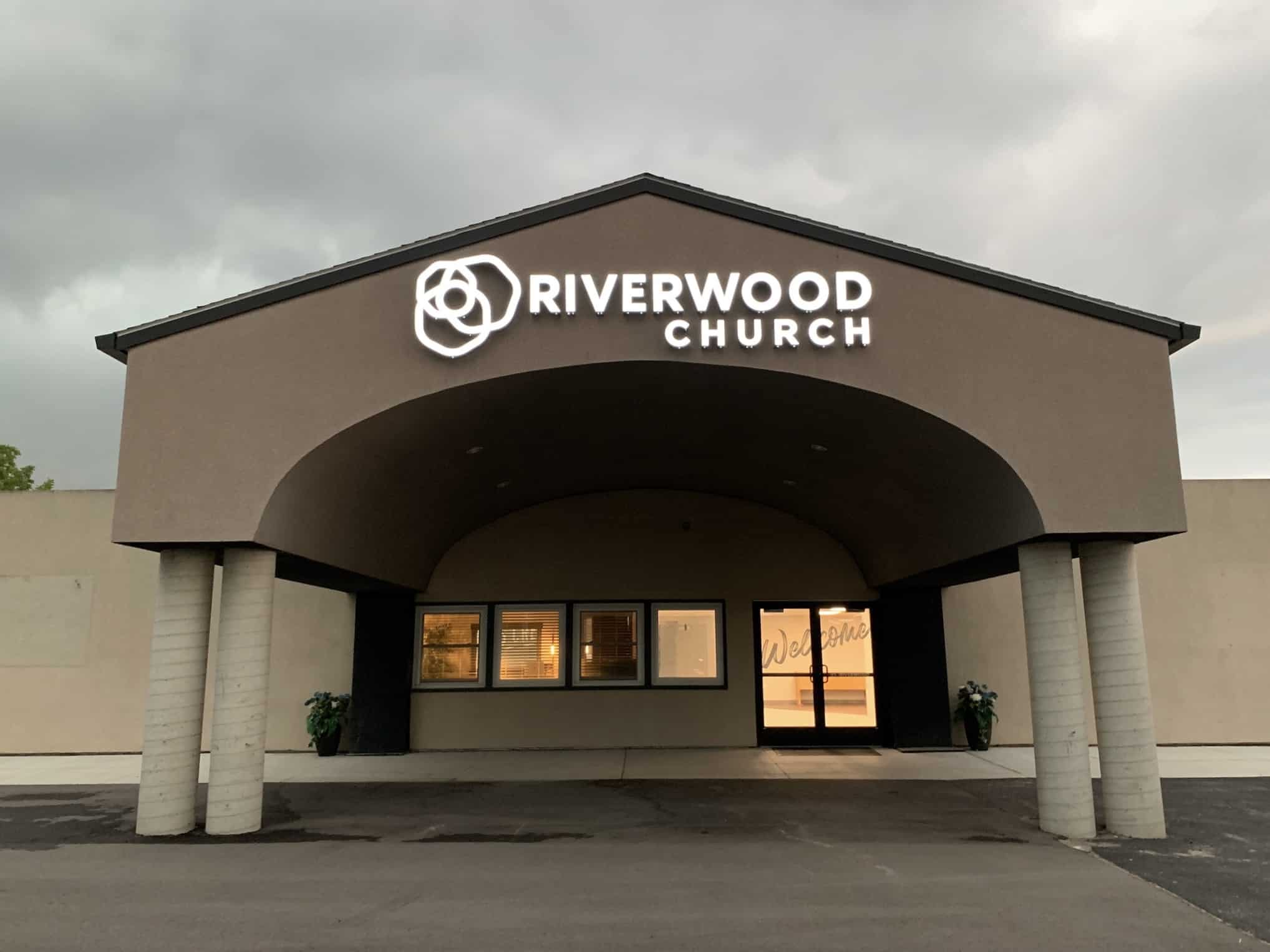
by Erin Bird
In case you didn't remember or know, we are in the middle of a series here on the blog on the topic of the Imago Dei. This ancient Christian doctrine teaches that God created humans in His image. And it is my personal belief that this theological idea that God's image is within humans can guide us in our thinking on many contemporary issues. So far we've seen how the Imago Dei helps us think about race and immigration. Today, I want to look at the topic called "pro-life."
Most times, when someone uses the term "pro-life," they actually mean "pro-baby" or "pro-birth." Some people call this "anti-abortion."
But if humans are endowed with the image of God (even though the image has been distorted because of sin), then all of life is precious. This is why when I use the term "pro-life" it means "pro-human," not just pro-birth. In other words, pro-life is to be for all of life from womb to tomb.
So to talk about this issue, let me share a few thoughts concerning the beginnings of human life, and then I will move on to issues relating to the end of human life.
Many pro-choice advocates argue that the fetus growing in the uterus is simply a clump of cells. But the DNA of those cells is human. And that human fetus grows incredibly fast.
This is why I personally believe a "fetus" is actually a human, and his or her life began when a sperm entered the egg, creating a new unique being. And this rapid growth shows the fetus is alive, and if it is a human life, it bears the image of God, making it worthy of love, care, and respect.
But when a baby is born, that love, care, and respect shouldn't end. For the entire life of a person, they need to know they matter to God, and that knowledge should be experienced through God's people. This is why adoption and foster care and programs like Big Brothers Big Sisters are so beautiful and impactful, because they show the gospel lived out in a radical way.
Just as we should be as passionate about life for little ones after they are born, the same comes to the end of a person's life. We should still love, care, and respect those who are coming to the end of their life. We do what we can to make them comfortable, but we also do what we can to fight for their life. These individuals are not to be discarded to some senior citizen center or hospital to be ignored by family and neighbors. They should be loved to the end because they still bear the Imago Dei.
This is why being a doctor or nurse or care provider is such a noble calling. Jesus took time to heal and minister to people's physical needs. And those in care careers are modeling just a bit what Jesus did, showing the tremendous value humans have in God's eyes.
This is a woefully inadequate covering of this topic, but hopefully it gives you a glimpse at how this important doctrine can guide us on these controversial topics. But before I let you go, let me say one thing:
If a woman has chosen to have her unborn baby aborted, or a neighbor has essentially abandoned his dying elderly mother, we need to do what we can to give these people grace while still holding on to truth. We are not the Judge of these individuals, and what they need more than anything is to know that God loves them despite their choices. Because if they discover how much God loves and forgives them, it will lead them to want to love future children, or to go visit and serve a dying mother.
Because even those who have abandoned fellow image bearers are still bearers of the Imago Dei themselves. And for us to not forgive them essentially means we have committed the same sin they have.
Receive Riverwood's "News & Notes" weekly email in your inbox. Submit your email address below and stay in the loop.

We are on a mission to help people love like Jesus loved and live like Jesus lived.
It doesn't matter to us if you:
No matter where you are in your spiritual journey, we want to help you become who God has created you to be.